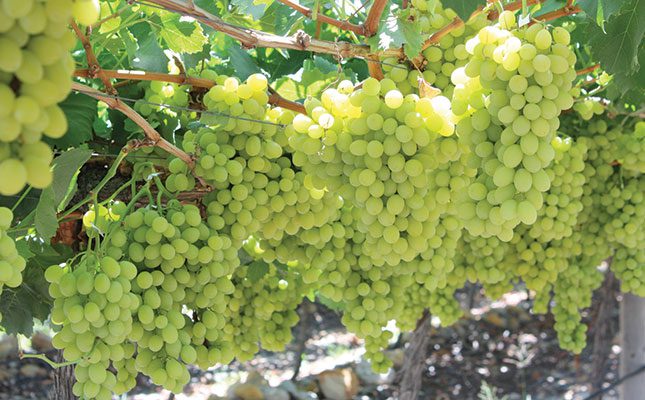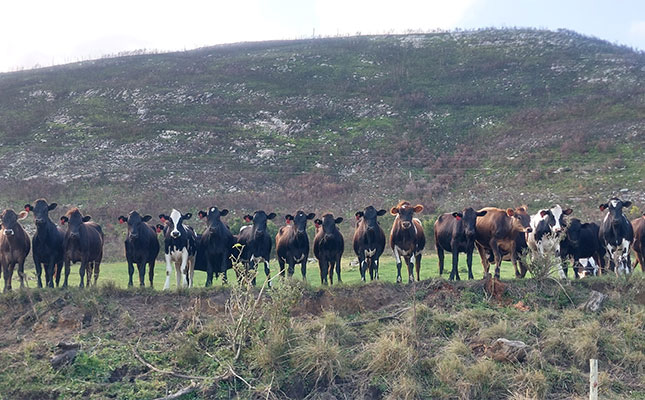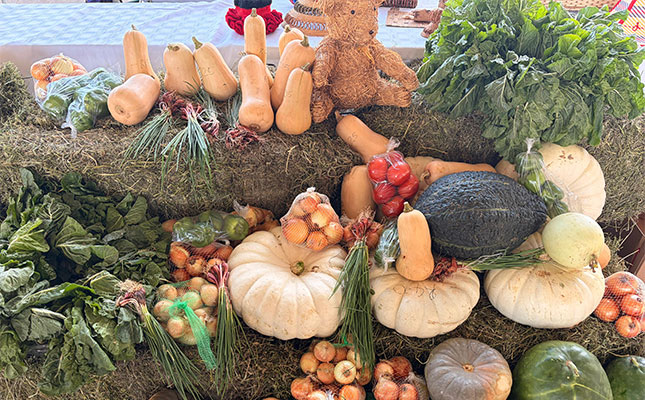
In a letter issued on Monday, US President Donald Trump criticised what he called an unbalanced and “far from reciprocal” trade relationship with South Africa.
He said that the 30% tariff, which applies to all South African goods entering the US, in addition to sectoral tariffs, is “far less than what is needed” to address the trade deficit between the two countries. He added, however, that South African companies that relocate production to the US would be exempt.
South African President Cyril Ramaphosa has disputed the US’s interpretation of trade data, noting that the average tariff imposed on goods imported into South Africa is just 7,5%, with 77% of US goods entering duty free.
President @CyrilRamaphosa has noted the correspondence from President Donald Trump on the unilateral imposition of a 30% trade tariff against South Africa, also noting that SA is one of a number of countries to have received this communication. https://t.co/cGZB5lDMuK pic.twitter.com/5BMNsQI9f4
— The Presidency 🇿🇦 (@PresidencyZA) July 8, 2025
He added that South Africa is still awaiting a formal negotiation template the US said it would use in future engagements with sub-Saharan Africa.
Ramaphosa has instructed negotiators to urgently re-engage the US based on the Framework Deal submitted in May, which addresses the issues initially raised by the US, including South Africa’s supposed trade surplus, unfair trade practices and lack of reciprocity from the US.
He also called on both government and industry to fast-track efforts to diversify trade and strengthen economic resilience.
READ Tariff uncertainty causes rise in US farm bankruptcies
Theo Boshoff, CEO of Agbiz, told Farmer’s Weekly that while the announcement was a major concern, there are still several unanswered questions that will determine the full impact of the new tariff.
One key uncertainty is whether similar tariffs will be imposed on other exporting countries.
“We know that Japan and South Korea are facing increased tariffs, but we do not know how this will affect our main competitors in the United States market, particularly other Southern Hemisphere countries. If South Africa faces steeper tariffs than our competitors, our products could be priced out of the market, but a product-by-product analysis will need to be done,” he said.
Boshoff said that whilst South Africa now has additional time to proceed with negotiations for tariff relief, it will largely depend on the extent to which South Africa can satisfy US negotiators without sacrificing key phytosanitary and trade protections.
“South Africa’s regulations are based on international standards and the rules of the World Trade Organisation. If we make exceptions for the United States we might endanger our own industries and might be expected to do the same for other countries.”
Moreover, he said there is uncertainty about what qualifies as being manufactured in the United States. For instance, would ostrich leather be exempted because cowboy boots are manufactured in the United States, or macadamias if they are shelled stateside?
“These details matter,” Boshoff said. “Until we have clarity, exporters will struggle to plan.”
Daneel Rossouw, Nedbank’s head of sales agriculture, told Farmer’s Weekly that while the US accounts for only around 4% of South Africa’s total agricultural exports, the impact of new tariffs could be significant due to the nature of the products involved.
READ US tariffs a major challenge for South African agriculture
“These exports are primarily high-value products, like soft citrus, table grapes, wine, nuts and raisins. The overall percentage might seem small, but the value and concentration in specific regions make the potential greater.”
He warned that the regional fallout could be especially severe in areas like Citrusdal and parts of the Northern Cape, where local economies have grown heavily dependent on exports to the US. Citrusdal is also still recovering from the blow of severe damages caused by flooding in 2023 and 2024.
“Many of these industries have been built around access to the United States market. Hopefully, producers in these areas have already taken steps to diversify their markets. Otherwise, the tariffs could deal a devastating economic blow to rural communities that rely on these industries for jobs and growth.”
Table grapes
Mecia Petersen, CEO of the South African Table Grape Industry (SATI), said in a brief statement that SATI was “disappointed” by the US’s decision, but will would continue working with government to strengthen South Africa’s trade offer and “hopefully return to better terms.”
The table grape season begins in November again, leaving exporters with renewed uncertainty over the 2025/26 harvest.
In a statement issued in April, SATI had already flagged concerns about the potential impact of a new tariff on exports to the US, a market where South African fresh grape exports grew by 28% over the past five seasons.
The statement noted that a 30% tariff would rank among the highest levied, severely disrupting export volumes, threatening jobs and placing the sector under significant pressure.
The situation could be even more damaging, SATI warned, if South Africa’s competitors, such as Peru and Chile, are not subjected to similar tariffs.
Wine
In a recent Newsflash, South Africa Wine described the tariff announcement as a “major blow”, not only to the wine trade, which sends more than R650 million worth of product to the US every year, but also to jobs, sustainability, various input suppliers and growth across the value chain.
“Wine as a discretionary and price-sensitive product is particularly exposed. The industry is already grappling with uncertainty and tough cost pressures, including inflation, logistics, and rising excise duties. This tariff adds to yet another burden,” the organisation noted.
While the sector remains committed to its export diversification strategy, focussed on strengthening ties with key global markets, boosting domestic marketing efforts and improving supply chain efficiency, South Africa Wine said urgent, practical steps were now needed.
Exporters and brand owners are already considering how to absorb some of the costs, adjust pricing, or redirect stock to alternative markets.
“The tariffs imposed on our main competitors are still unknown, but if these are significantly lower, South Africa stands to lose a huge competitive advantage,” the statement warned.
The organisation called on the Department of Trade and Competition and the Department of International Relations and Co-operation to continue their engagement with the US, and to do so with urgency.
Get trusted farming news from Farmers Weekly in Google Top Stories.
➕ Add Farmers Weekly to Google ✔ Takes 10 seconds · ✔ Remove anytime









